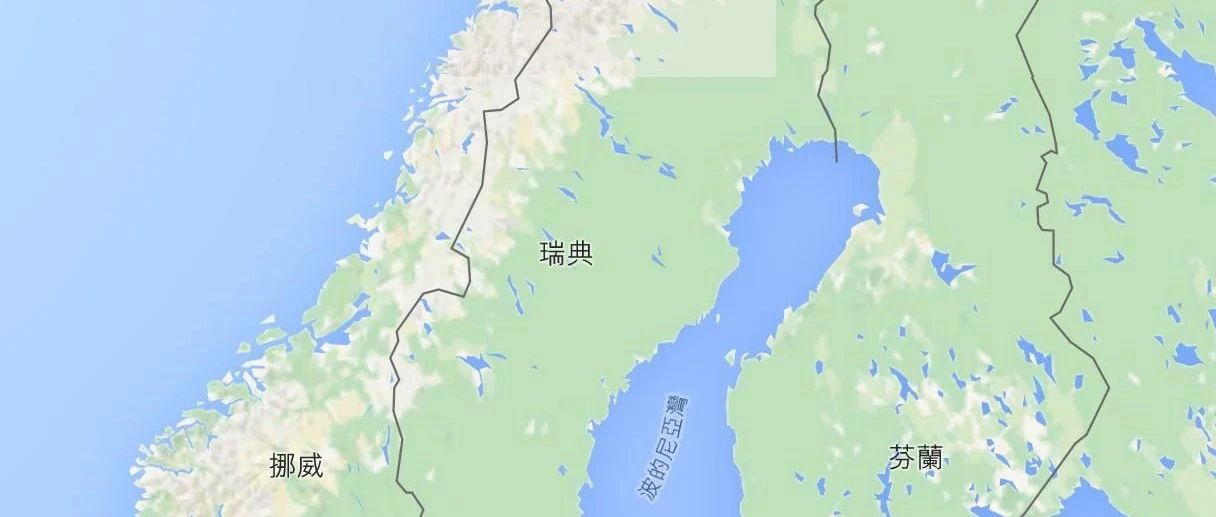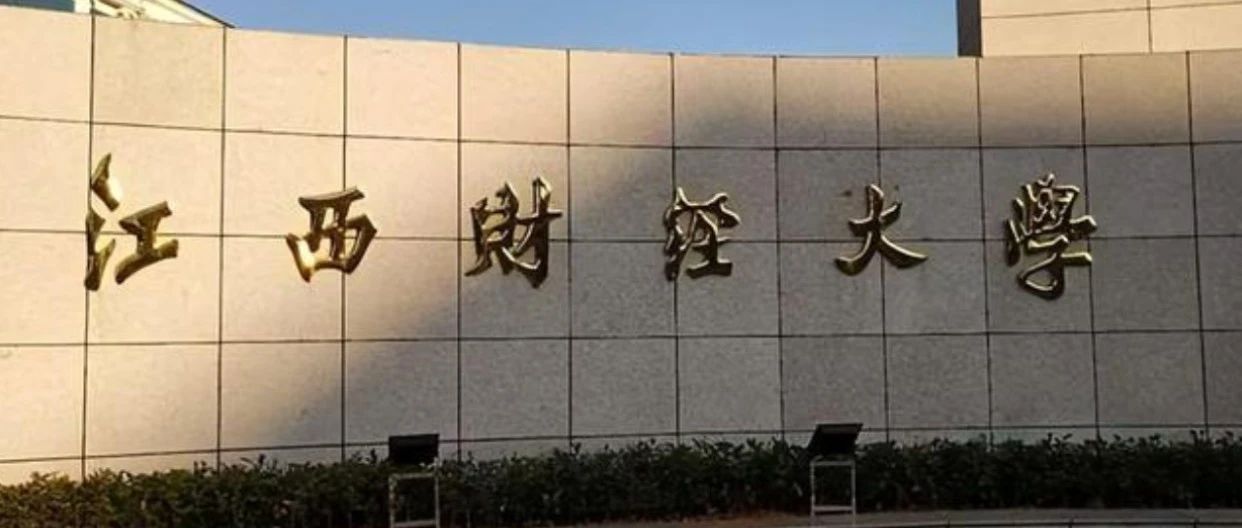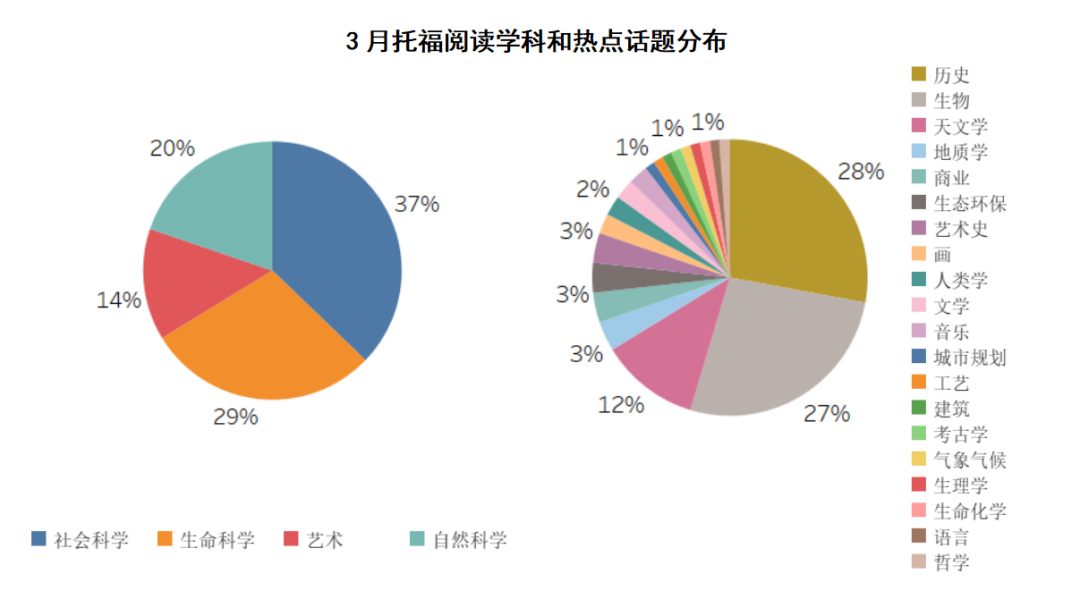本期为大家推荐苏黎世联邦理工学院、莱顿大学最新2024岗位制博士项目信息。
苏黎世联邦理工学院
PhD Position in Digital Identities for Regenerative Materials
ETH Zürich |The Chair of Circular Engineering for Architecture
Field:Environmental Economics, Computational Sciences
APPLICATION DEADLINE: June 1, 2024
About the Project
The Chair of Circular Engineering for Architecture (CEA) at ETH Zurich is seeking a highly motivated and qualified individual to fill a PhD position in the field of construction informatics for circularity in the construction sector. The successful candidate will join a dynamic research team working on innovative approaches to advance circular construction practices through digital technologies. This position offers a unique opportunity to contribute to the development of tools and strategies that promote the reuse of building materials and projects, enabling a more sustainable and regenerative built environment.
Project background
The PhD position is focused on leveraging digitalization for circular strategies in construction. The selected candidate will be involved in developing and testing tools for the identification and tracking of building materials, operating at the interp of construction informatics, engineering, and logistical aspects.
Job description
As a PhD researcher, your responsibilities will include:
-
Development of both theoretical concepts and practical tools to facilitate the identification and tracking of wood and clay in the construction sector
-
Identifying the content of wood and clay IDs in the supply chain context in Switzerland, together with industry and research consortium partners
-
Exploring implementation possibilities for digital IDs and how to connect them to the physical materials of clay and wood
-
Validate and test proposed and developed solutions in pilot projects to assess their effectiveness and impact
-
Engagement and collaboration with stakeholders such as government entities, consultants, and industry partners to promote the adoption of the developed tools and strategies
-
Active participation in research activities, including publishing scientific papers and presenting findings at conferences and workshops
-
Supervision of Master, and/or Bachelor students
Your profile
To be considered for this position, you should meet the following qualifications:
-
Masters in architecture, engineering, urban planning, housing, development studies, life cycle assessment, computer science, or related fields
-
Possess strong research skills with an understanding of circular economy practices in the construction industry
-
Knowledge and experience in IoT, data analysis and database management, as well as awareness and motivation to dive into emerging decentralized technologies such as blockchain and distributed data protocols
-
Excellent organizational skills, with the ability to manage multiple tasks and prioritize effectively, while also fostering interdisciplinary collaboration
-
Strong communication and writing skills in English, enabling effective collaboration and the preparation of scientific publications and reports
-
Fluency in spoken and written English is a requirement. Ability to work with industry partners in German is a plus
-
Abilityto work in a team and together with industry partners
-
Take initiative, be results-oriented, organised, and creative
We offer
Joining our research team offers a stimulating and collaborative environment, with a competitive salary and opportunities for professional growth and interaction with international experts in the field of circular construction and computer science. The position is full-time (100%) and is offered on a fixed-term basis. The initial contract duration is 1.5 years, with a possibility of extension based on funding availability and performance evaluation.
Curious? So are we.
Applications are only accepted through the online portal and should contain the following documents (make sure your last name is on all the documents and in the file name)until 01.06.2024 or until the position is filled. Only PDF format will be accepted. Anything submitted in other formats will result in the rejection of your application. Any application that is not complete will not be considered.
-
Cover letter (max 1 page) (LastName_Cover.pdf)
-
CV including a list of publications in (LastName_CV.pdf)
-
Research statement (max 800 words, excluding bibliography) (LastName_Research.pdf)
-
A digital copy of Master'sdegree (LastName_Diploma.pdf)
-
Name, phone number, and email address of three referees (LastName_Referees.pdf)
-
A vimeo or youtube link to a 2-minute video explaining how you would address research on digital technologies for circular construction (please upload a PDF with the link written in full) (LastName_Video.pdf)
Please note that we exclusively accept applications submitted through our online application portal until the deadline 01.06.2024. Applications via email or postal services will not be considered.
莱顿大学
PhD position within the project 'Libraries as Links in Learning: Making the Meaning of Manuscripts'
Leiden University | The Faculty of Humanities
Field:Media and Communication Studies, Information Science, World Literatures
APPLICATION DEADLINE: 1 June, 2024
About the Project
The PhD candidate will be working within the multi-member research project ‘Libraries as Links in Learning: Making the Meaning of Manuscripts’, which explores how libraries in the nineteenth and early twentieth centuries treated, promoted, and circulated their medieval manuscript collections. The project, which will examine this theme through the lens of the holdings of Leiden University Library (UB), is headed by two PI’s (DrIrene O’Dalyand DrBram Caers) and will welcome a Postdoc in the team in the course of 2025.
The project
This project examines the fate of Western medieval manuscript collections within the context of library professionalisation in the nineteenth century. It investigates how libraries mediated and facilitated knowledge exchange around the manuscript, in a context in which the Middle Ages were both a subject of scholarship and an inspiration for nation building. It queries the role played by libraries in constructing the medieval manuscript as a subject of material as well as textual study – as a powerful signifier of institutional intellectual capital – but also as a fragile and non-fungible object, monetarily valuable and collectable. By positioning libraries as a nexus of scholarly exchange, we interrogate their role in abstract processes such the canonisation of textual carriers, while recognising the material realities inherent in preserving and making accessible the manuscripts themselves. The project investigates the abstract and actual position of medieval manuscript collections within one context –Leiden’s University Library – focusing on the use and curatorship of the Western medieval manuscript collections in the Library from c. 1819 to c. 1939.
To analyse the varied uses of and attitudes towards the medieval manuscript collections, we will construct and assess the networks of which they were part. Alongside examining the manuscripts themselves for traces of contemporary use, the project will gather data regarding personages (scholars, librarians), objects (published outputs derived from the study of manuscripts, facsimiles, photos) and sites (the physical building, the institutional context in which the Library operated), to reconstruct and analyse the environments in which manuscripts were consulted, circulated, and canonised.
PhD position: Library professionalization from a manuscript perspective
The PhD candidate will track changing professional and scholarly practices and attitudes towards the medieval manuscript within nineteenth- and early twentieth-century library contexts, using Leiden University Library as its principal case study. They will collect and enter relevant data into a shared project database while tracking down publications and editions that utilised the UB’s manuscript material. On the basis of extensive source research, they will attempt to reconstruct the environments within which the medieval manuscripts were consulted, the scholarly conversations they provoked, and the responsibilities and challenges the custodians faced. We anticipate that the outputs of the PhD student will lead to an enhanced understanding of the interplay between the contexts in which manuscripts were used, and the meaning attached to them in scholarly work and in the eyes of society.
We encourage candidates to develop their own focus within the project. However, we would be particularly interested in receiving applications from students willing to work on the Middle Dutch and medieval Latin collections – such as the rich holdings of the Vossius collection, or the manuscripts deposited by the Maatschappij der Nederlandse Letterkunde - both of which were the subject of intense study and interest in the period in question. More information about Leiden’s medieval manuscripts can be foundhere.
Key responsibilities
- You will complete a PhD thesis within four years;
- You will contribute to the project’s bibliographical and relational database by collecting and entering relevant metadata from the UB archives and holdings, and other relevant sources;
- You will conduct research on the professionalisation of Leiden’s University Library within its wider European scholarly context, and the position of the medieval manuscript in that process
- You will publicise your research in peer-reviewed journals or volumes, and at conferences in the Netherlands and internationally;
- You will participate in regular meetings of the project research group;
- You will participate in the training programme of the LUCAS Institute, the Leiden Graduate School of Humanities, the Dutch National Research School for Medieval Studies, and other relevant masterclasses, summer schools, seminars, workshops, and events;
- You will participate in the PhD community and the intellectual life of the Institute (Leiden University Centre for the Arts in Society, LUCAS), in which you will become a member of the Medieval and Early Modern cluster (MEM);
- You will contribute to the organisation of outreach activities within the project, and in the popularisation of research results;
- Subject to progress and demand, you will do some teaching in the second and third year of your PhD project, in line with your expertise and prior experience.
Your profile
- You hold a ResMA/MRes or MA with a specialisation in History, Medieval Studies, Historical Literatures, Classical Studies, Digital Humanities (with relevant specialisation), Book Studies or Library Studies;
- Your ResMA/MA should be awarded by time of appointment, with a grade of 8.0 or above on a ten-point scale (distinction or equivalent) for your thesis. If the MA thesis is not yet finished, we invite you to provide contact details for your supervisor in your application letter so we may consult with them on your progress;
- You have well-developed research skills, including the ability to formulate creative research questions, descriptive and analytical skills, and a clear and persuasive style of writing;
- You have an interest in the history of the humanities, and a willingness to conduct archival and manuscript research;
- You have experience with or are willing to learn about relational databases and Linked Data;
- You have full professional working proficiency in English and/or Dutch (speaking, writing, reading). Competencies in other European languages and reading competencies in Latin would be appreciated;
- You have proven time-management skills;
- You are a team player and independent thinker;
- You have the ability to finish the proposed PhD research in 4 years.
- International candidates are encouraged to apply but must be willing to relocate to the Netherlands for the duration of the project.
Applications
Please submit your application via the online recruitment system, via the blue button at the top of this page, latest 21 June. Applications received via e-mail will not be taken into consideration. Your application should include:
- Letter of application in which you formulate your interest in the PhD project and explain why you are an appropriate candidate for the position;
- Your CV, listing education and relevant employment history, and any other academic achievements (conference presentations, publications, organization of events, etc.);
- Names, positions and contact information for two referees (no reference letters); please list these on your CV rather than filling them out separately in the system;
- A copy of your MA-thesis or a writing sample (if the MA-thesis is not yet finished);
- Copies of relevant course assessments (list of grades; certificates demonstrating language proficiency);
- A copy of your MA degree certificate or, if your MA-thesis is not yet submitted, contact details for your supervisor so we may consult them on your progress.
以上就是本期分享的所有内容了。













